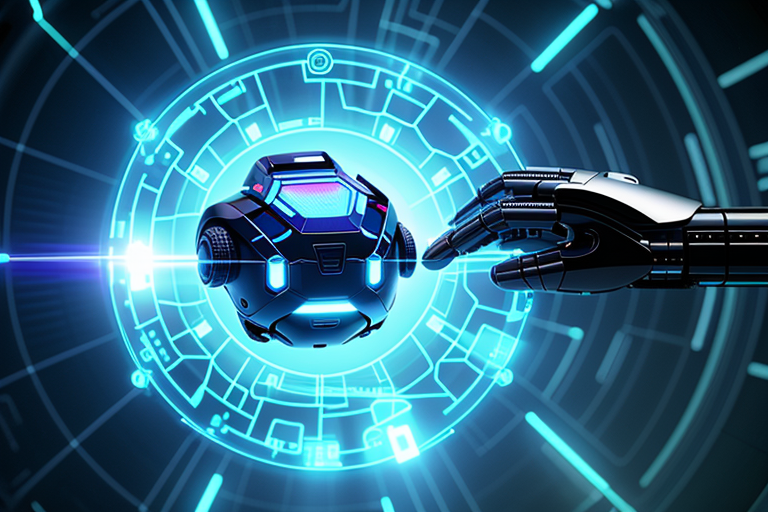Artificial Intelligence (AI) has emerged as a game-changer in web development, reshaping website design and user experience. By using AI algorithms to analyze user behavior, simplify processes, and enhance overall user experiences, web developers have come to rely on AI as an essential tool. However, like any technological advancement, AI also brings ethical concerns and challenges. This article explores how AI is revolutionizing web development, its impact on user experiences, and the potential challenges that need to be addressed.
One of the main contributions of AI in web development is improving website readability. AI algorithms provide suggestions on color contrasts that improve content legibility. This ensures that users can easily read and understand the information presented to them. Additionally, AI-powered tools and plugins recommend optimal layouts, color schemes, and typography, enabling developers to create visually appealing websites that engage users.
AI also plays a crucial role in enhancing website accessibility. By using AI-powered chatbots and virtual assistants, websites can provide users with human-like interaction and assistance. This improves accessibility for users with disabilities and enhances the overall user experience by guiding users, completing tasks, and facilitating transactions.
Another area where AI excels is language translation. For example, Google Translate uses AI to offer instant language translation in multiple languages. This feature allows websites to cater to a global audience, breaking down language barriers and promoting global communication.
AI has also significantly impacted search engine optimization (SEO). AI algorithms analyze user behavior, content relevance, and context to determine search engine rankings. As a result, web developers need to optimize their websites by providing high-quality, user-centered content that aligns with AI-driven search engine capabilities. SEO strategies that focus on creating valuable, relevant, and engaging content are crucial for achieving higher visibility in search engine results.
However, as AI becomes more prevalent in web development, concerns about privacy and ethics arise. Safeguarding user privacy becomes paramount as AI algorithms analyze user behavior and content relevance to personalize experiences. Web developers must strike a balance between using AI for personalized experiences while respecting user privacy rights.
Ethical concerns also arise when considering AI’s ability to automate tasks traditionally done by humans. While AI simplifies processes, improves efficiency, and empowers developers, it raises questions about job displacement and its impact on the workforce. Developers must carefully consider the ethical implications of integrating AI into web development and ensure that it complements human efforts rather than replacing them.
In addition to its impact on web development, AI has found its way into various writing tools. Grammarly, for instance, is a writing assistant that uses AI to enhance writing skills by offering suggestions for grammar, spelling, and style improvements. This integration of AI in writing tools demonstrates its versatility and potential to enhance various aspects of web development.
One notable AI-powered feature in web development is the automatic generation of alternative text (alt text) for images. AI algorithms can analyze images and generate descriptive alt text, improving accessibility for visually impaired users. This feature enhances the user experience and aligns with accessibility standards.
AI’s influence extends beyond web development to design tools like Adobe Photoshop. The Content-Aware Fill tool uses AI algorithms to intelligently fill in missing content based on surrounding elements. This feature streamlines the design process, saving time and effort for web developers and designers.
As AI continues to shape the landscape of web development, developers must be mindful of the potential challenges and ethical considerations it brings. While the benefits of AI in enhancing user experiences are undeniable, it is crucial to strike a balance between utilizing AI’s capabilities and respecting user privacy rights. The integration of AI should complement human efforts rather than replace them, ensuring a harmonious and ethical approach to web development.
In conclusion, AI has brought significant advancements to web development, revolutionizing website design, optimization, and user experience. From improving readability and accessibility to enhancing search engine capabilities, AI empowers developers to create better user experiences. However, it is essential to navigate the ethical concerns and challenges that AI poses, ensuring responsible use that respects user privacy and complements human efforts. As AI continues to evolve, its impact on web development will grow, and developers must stay informed and adapt to the changing landscape.











